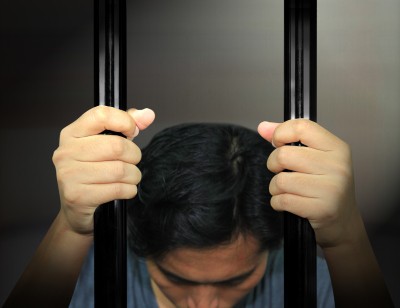
Misdemeanors vs. Felonies: What’s the Difference?
Criminal offenses are separated into different categories based on the nature and severity of the offense. This is done to ensure that the punishment for the offense is just and appropriate.
Crime Categories
The two most common criminal offense categories are misdemeanor offenses and felony offenses. Misdemeanor offenses are generally considered to be less serious breaches of the law while felony offenses constitute the most serious crimes. Due to the nature of these two types of crime, misdemeanor convictions are usually associated with less harsh penalties.
What Is a Misdemeanor?
According to the Texas Penal Code, misdemeanor criminal offenses are defined as crimes that have a maximum punishment of up to a year in county jail. Misdemeanors make up the middle of the legal penalty spectrum. They are more serious than infractions but less serious than felonies.
Many misdemeanor cases do not go before a jury. A typical misdemeanor case will be disposed of before a judge and the state prosecution. For example, a person charged with a misdemeanor traffic offense may go before the judge and receive their sentence without arguing their case.
Defendants charged with misdemeanor crimes have the right to request a jury trial but the trial itself may be more costly than the penalty for a minor offense. Additionally, many misdemeanor offenses can be expunged or sealed from a defendant’s record. Some examples of misdemeanor offenses include:
What Is a Felony?
Felonies are defined as criminal offenses that can be punished by a term of one year or more in prison. Felonies make up the most serious criminal offenses.
Many felony crimes are offenses which result in serious harm to others or create the potential for serious harm. For example, an assault that does not result in grave injury may be a misdemeanor while an assault with a weapon may be charged as a felony offense.
Some crimes that are listed as misdemeanors can be upgraded to felony status for repeat offenses. For example, a first-time DWI offense can be charged as a misdemeanor but a third DWI offense is a felony. Some examples of felony crimes include:
- murder
- assault with a deadly weapon
- sexual assault
Felony Consequences
Felony offenses may have long-lasting consequences in addition to the legal penalties for the crime. Convicted felons often lose the right to vote, the right to own firearms and the right to serve on a jury. Felony convictions must be reported on most job applications and may cause the loss of government financial assistance or student loans.
In most cases, felony convictions cannot be expunged or sealed from a person’s criminal record.
Getting Legal Help
It doesn’t matter if you have been charged with a misdemeanor or a felony; the only thing that matters is that you seek professional legal help before it’s too late. Hiring a criminal defense attorney is an important step you must take if you wish to reduce your penalties. Give Brett A. Podolsky a call today at 713.227.0087 and learn the best defense strategies to clear your good name.
*Image courtesy of freedigitalphotos.net